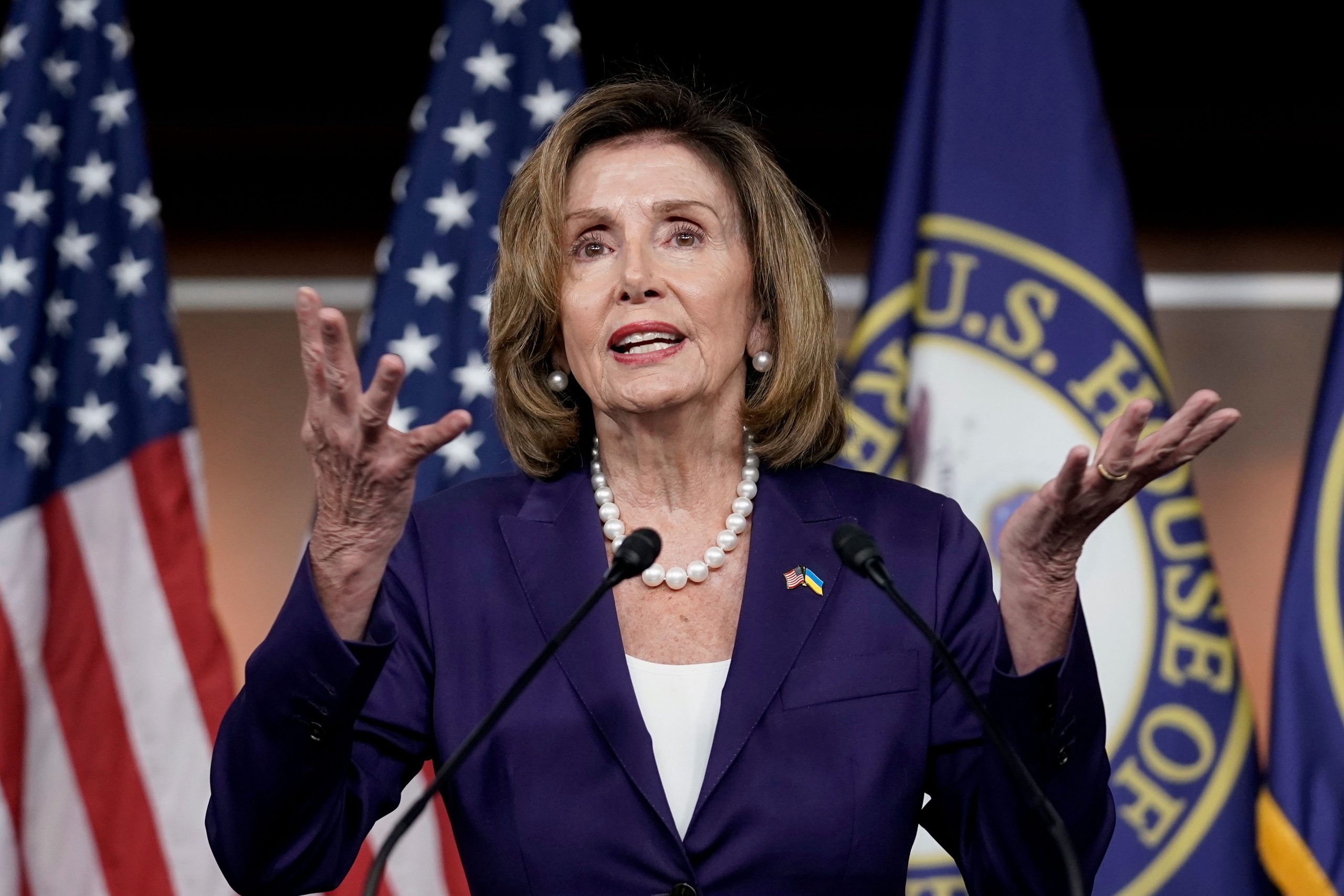The United States Senate Democrats on Sunday passed their climate and healthcare spending bill, sending it to the House and putting Joe Biden one step closer to a huge legislative triumph ahead of the November midterm elections.
If enacted into law, the Inflation Reduction Act will devote $369 billion to lowering greenhouse gas emissions and engaging in renewable energy sources. Experts predict that the bill’s climate provisions will lower America’s global-warming emissions by around 40% by 2030, compared to 2005 levels.
Also read: Senate Democrats push Biden’s health, climate bill, House to vote next
“Congratulations to Senate Democrats for the passage of the Inflation Reduction Act. This landmark legislation is a major step forward in Democrats’ fight to put People Over Politics: lowering kitchen table costs, reducing the cost of Americans’ health care, creating millions of good-paying jobs and addressing the climate crisis,” House Speaker Nancy Pelosi said in a statement.
“Today is a victory for America’s families and for our planet,” Pelosi claimed, adding, “This landmark legislation, which includes key House Democratic proposals, will rein in health care costs for Americans across the country: extending Affordable Care Act subsidies and empowering Medicare to negotiate prescription drug prices. By defending America’s energy security and reducing carbon pollution by nearly 40 percent by the end of the decade, it will slash energy costs and help save the planet.”
Also read: What remains in and what’s out of Democrats’ Inflation Reduction Act package: Explained
Driving home the party claim, she said, “This legislation will also fight inflation – including with an (sic) historic investment in paying down the deficit – while being fully paid for by making the largest corporations pay their fair share.”
“The House will return and move swiftly to send this bill to the President’s desk — proudly building a healthier, cleaner, fairer future for all Americans,” Pelosi assured in her statement.
Democrats have promised the bill will lower healthcare costs for millions of Americans by allowing Medicare to negotiate prescription drug prices and capping Medicare recipients’ out-of-pocket prescription drug prices at $2,000 a year. Those who receive health insurance coverage through the Affordable Care Act marketplace are also expected to see lower premium costs.
Also read: Joe Biden signs anti-fraud pandemic bills while still in isolation
The legislation incorporates a variety of tax mechanisms to fund the costs of these initiatives, totaling $739 billion for the government and resulting in a $300 billion reduction in the overall deficit. A new corporate minimum tax, a 1% excise tax on stock buybacks, and greater enforcement by the Internal Revenue Service are among the policy changes.






